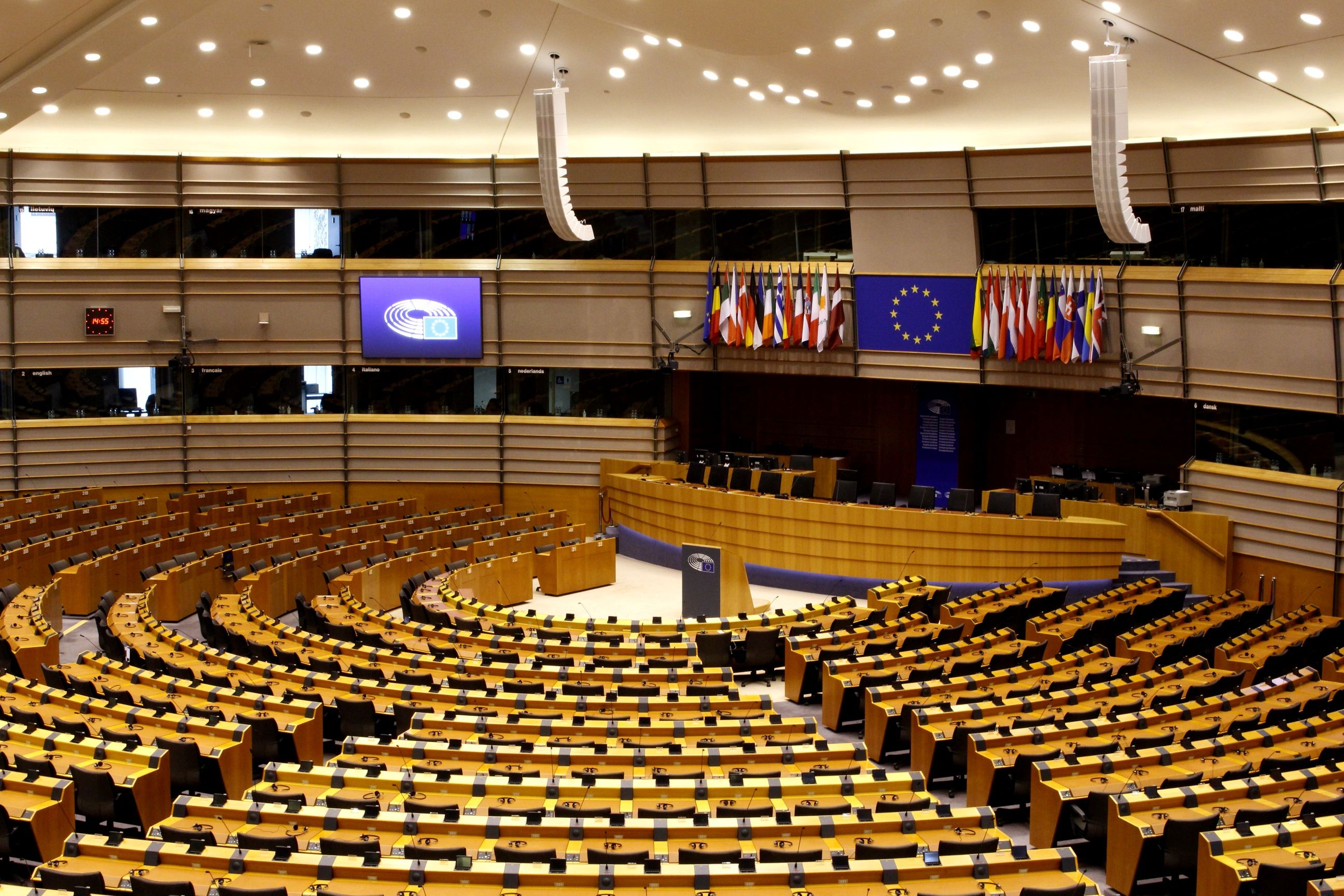European Parliament Pushes for Clearer DeFi and NFT Regulations by 2025
Understanding the Need for Regulation
As the world of decentralized finance (DeFi) and non-fungible tokens (NFTs) continues to evolve, the European Parliament is proactively pushing for clearer regulations by 2025. This initiative aims to establish a more structured framework, ensuring that these innovative financial technologies operate within a secure and transparent environment.

The rapid growth of DeFi and NFTs has presented both opportunities and challenges. While they have democratized access to financial services and digital art, they have also raised concerns over security, fraud, and volatility. Addressing these issues through regulation is seen as essential for fostering trust and stability in these emerging markets.
The European Parliament's Approach
The European Parliament's approach to regulating DeFi and NFTs involves a comprehensive review of existing financial regulations and assessing their applicability to these new technologies. By 2025, the goal is to implement tailored regulations that address the unique aspects of DeFi protocols and NFT marketplaces.
Key areas of focus include investor protection, anti-money laundering measures, and ensuring market integrity. The Parliament is working closely with industry stakeholders, experts, and regulatory bodies to develop a balanced framework that encourages innovation while safeguarding users and investors.
Challenges in Regulating DeFi
Regulating DeFi presents several challenges due to its decentralized nature. Unlike traditional financial institutions, DeFi platforms operate without intermediaries, making it difficult to apply conventional regulatory measures. The European Parliament recognizes the need for innovative regulatory solutions that align with the decentralized ethos of DeFi.
One potential approach is implementing smart contract audits and requiring platforms to adhere to specific security standards. Additionally, promoting transparency through mandatory disclosures can help users make informed decisions when engaging with DeFi services.
Navigating the NFT Landscape
NFTs have revolutionized the way digital assets are bought, sold, and owned, but their unique characteristics pose regulatory challenges. Issues such as intellectual property rights, valuation, and fraud are at the forefront of regulatory discussions. Establishing clear guidelines will help protect artists and collectors while promoting fair market practices.

The European Parliament is considering regulations that ensure provenance verification, enforce copyright laws, and introduce standardized valuation metrics for NFTs. These measures aim to create a secure environment for all participants in the NFT ecosystem.
The Road Ahead
As the European Parliament moves forward with its regulatory plans, collaboration with international regulatory bodies will be crucial. Given the global nature of DeFi and NFTs, harmonizing regulations across borders can prevent regulatory arbitrage and enhance market stability.
By 2025, the hope is that clearer regulations will not only protect consumers but also encourage innovation by providing a predictable legal framework for businesses operating in the DeFi and NFT sectors. This balance between regulation and innovation is key to unlocking the full potential of these groundbreaking technologies.

The European Parliament's push for clearer DeFi and NFT regulations marks a significant step towards shaping the future of finance. As we approach 2025, stakeholders across the industry will be watching closely to see how these regulations unfold and their impact on the broader financial landscape.
European Parliament Calls for Further Clarity on DeFi and NFT Regulation by End of 2025
